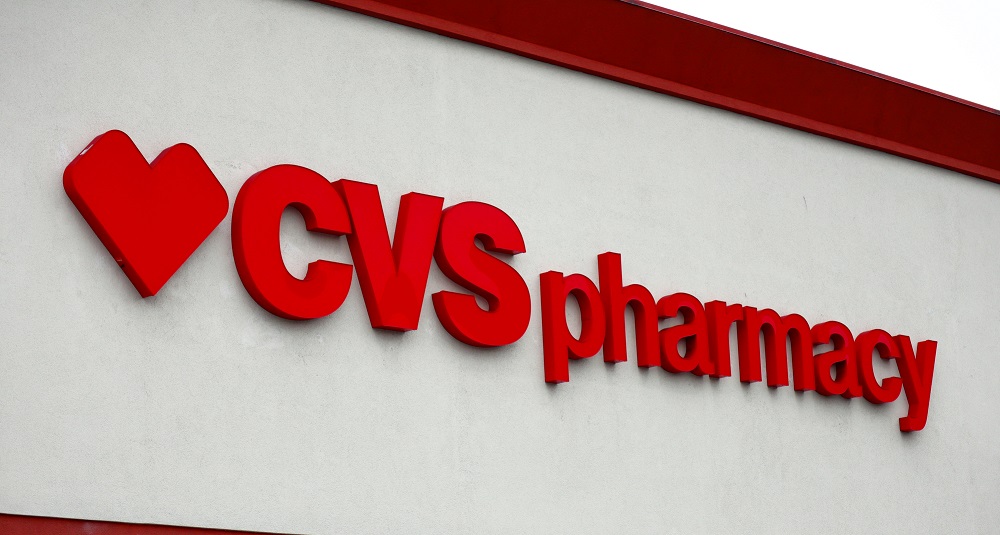
DEPOSIT PHOTOS
A federal judge has allowed a proposed class action lawsuit to move forward against CVS Health Corporation and CVS Pharmacy, Inc. over their alleged use of lie detector tests with job applicants.
The lawsuit, which was filed by plaintiff Brendan Baker, accuses CVS of violating a Massachusetts law prohibiting employers from subjecting applicants to lie detector tests and failing to notify him of his statutory rights.
In the ruling, U.S. District Court Judge Patti B. Saris denied CVS’s request to dismiss Baker’s claim that the company failed to provide required notice about the state law banning lie detector tests.
Baker alleges that when he applied online for a supply chain job with CVS, the application failed to include a notice stating that Massachusetts law prohibits requiring or administering lie detector tests for employment purposes.
The lawsuit centers around a video interview technology called HireVue that CVS allegedly used to screen and assess job applicants. According to court documents, applicants were video recorded answering a series of questions such as “What does integrity mean to you?” and “What would you do if you saw someone cheating on a test?” That video was then analyzed by an AI tool that purportedly used “facial expressions, eye contact, voice intonation, and inflection” to determine a candidate’s cultural fit.
The plaintiff’s claim alleges that HireVue has stated that it can detect whether an applicant has “an innate sense of integrity and honor,” help with “lie detection” and “screen out embellishers.” Baker claims he was unaware that the HireVue interview was a lie detector test prohibited under Massachusetts law and that he would not have participated had he known.
In allowing Baker’s notice claim to proceed, Saris found that he sufficiently alleged harm by participating in the HireVue interview without being aware it could constitute an unlawful lie detector exam. The judge ruled that Baker has legal standing to sue even though CVS argued he failed to show any concrete injury.
Federal and Massachusetts state law
The federal Employee Polygraph Protection Act (EPPA), enacted in 1988, prohibits most private employers from using lie detectors in the hiring process.
Analysts say the Massachusetts law goes further by explicitly defining a lie detector test as any “device, mechanism, instrument or written examination” used to “assist in or enable the detection of deception.”
Reportedly, several other organizations, including the Boston Red Sox, Delta Air Lines, and T-Mobile have also used HireVue’s video-interviewing platform.
According to a May 2023 story in The Boston Globe, HireVue has since discontinued video and audio analysis, but machine learning is still used to score applicants using a written transcript of their answers.
Concerns over AI use in hiring
The CVS case highlights growing debates about companies’ increasing use of artificial intelligence algorithms to screen and assess job applicants.
Critics argue that AI tools aimed at detecting deception, scoring personality traits, and determining cultural fit are unproven and prone to bias.
Civil rights groups have warned about the potential for discrimination through reliance on AI hiring assessments that can silently embed race, gender, and other illegal biases.
Some technology experts have called for greater transparency and regulation around AI hiring tools to address ethical problems.
As algorithms play a rapidly expanding role in employment decisions, legal disputes like the one against CVS may preview future fights over AI’s fair and appropriate use in the hiring process.
 New England Biz Law Update
New England Biz Law Update
